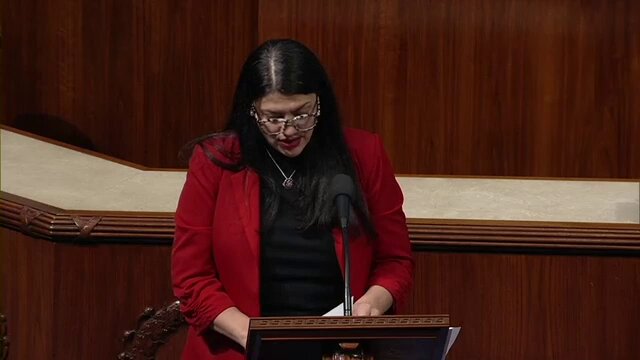The statement addresses a serious public issue, specifically allegations of genocide and the response of Congress, thus constituting public discourse. It calls for documentation and action, indicating a desire to influence public policy and awareness.
- The statement aims to raise awareness about a serious issue, which aligns with the principle of doing no harm by advocating for action against alleged atrocities. [+1]Principle 1:I will strive to do no harm with my words and actions.
- The statement does not engage in cyberbullying, harassment, or hate speech, but it does make a serious accusation against a government, which could be seen as lacking respect for the dignity of others if not substantiated. [-1]Principle 2:I will respect the privacy and dignity of others and will not engage in cyberbullying, harassment, or hate speech.
- The statement seeks to promote understanding and empathy by highlighting a human rights issue, aligning with this principle. [+1]Principle 3:I will use my words and actions to promote understanding, empathy, and compassion.
- The statement criticizes Congress for silence and indifference, which could be seen as constructive criticism, but it does not engage in personal attacks. [+1]Principle 4:I will engage in constructive criticism and dialogue with those in disagreement and will not engage in personal attacks or ad hominem arguments.
- By attempting to bring attention to a human rights issue, the statement uses influence for societal betterment. [+1]Principle 6:I will use my influence for the betterment of society.
- The statement exercises free speech by addressing a contentious issue and uses the platform to call for action, which aligns with responsible use of free speech. [+1]Principle 7:I will uphold the principles of free speech and use my platform responsibly and with integrity.
